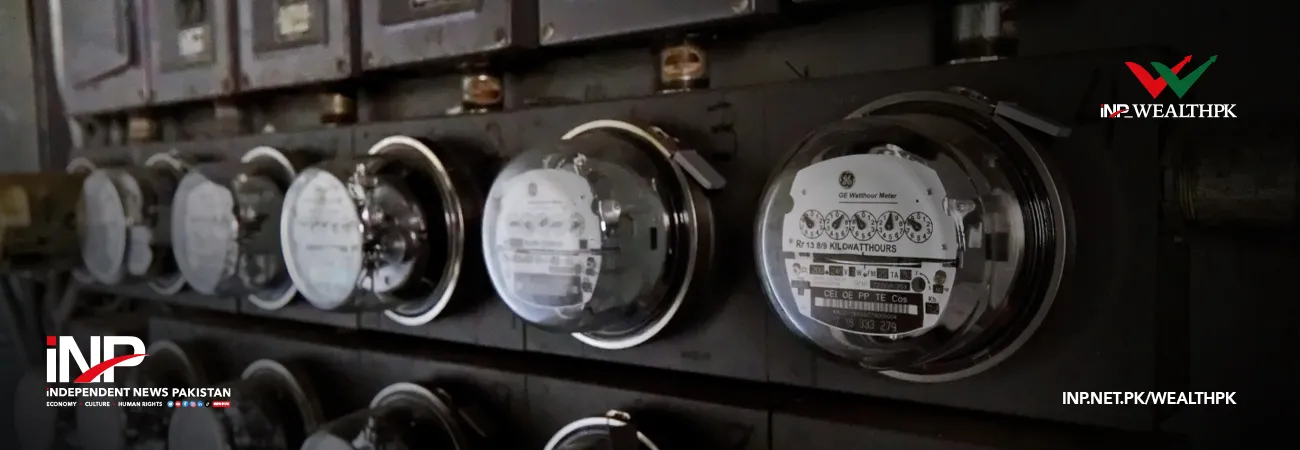آئی این پی ویلتھ پی کے
Amir Saeed
Improved electricity infrastructure in urban areas is accelerating renewable energy integration, boosting economic gains and unlocking significant climate finance through carbon credit mechanisms.

Urban solar energy growth in Pakistan is being significantly driven by the availability of three-phase electricity connections in major cities. A report by Pakistan Institute of Development Economics (PIDE) highlights that metropolitan areas such as Lahore and Islamabad have the highest concentration of net metering consumers, largely due to the accessibility of three-phase power infrastructure.
This infrastructure supports larger solar installations, making these cities prime locations for solar energy adoption. According to the PIDE report titled “Unlocking Climate Finance: Potential Carbon Credits from Renewable Energy”, Pakistan currently has 56,427 net metering consumers who collectively exported 481,863 megawatt hours (MWh) of electricity to the national grid in 2023.
Lahore and Islamabad account for 34% and 26% of these consumers, respectively, reflecting the role of three-phase connections in enabling higher-capacity solar systems. These urban centres also experience fewer power outages, allowing consumers to maximise self-consumption and export excess electricity more reliably. This dynamic contributes to relatively lower loadshedding in these cities compared to others.
Talking to WealthPK, Usama Abdul Rauf, a research associate at PIDE, offered his perspective on the environmental and economic benefits of solar energy growth in the country. He emphasised that net metering consumers help avoid substantial carbon emissions — an estimated 475,840 tonnes of CO2 annually compared to thermal power generation.
Rauf pointed out that this reduction translates into significant potential revenue through carbon credits, roughly $6.1 million from net metering alone, and up to $21.49 million when including off-grid solar generation. He believed that applying carbon pricing mechanisms, such as the IMF-suggested carbon tax, could nearly double this revenue, providing strong financial incentives for further solar expansion.
Furthermore, Rauf stressed that while urban centres benefit from three-phase connections, which enable larger solar setups, the agricultural sector remains largely disconnected from the national grid and thus misses out on these advantages. He advocated for policy measures to connect agricultural users to the grid through targeted incentives, which would unlock additional carbon credit opportunities and expand the overall impact of renewable energy.
According to Rauf, enhancing three-phase infrastructure beyond major cities and standardising carbon credit valuation frameworks are essential steps to sustain and accelerate Pakistan’s solar energy growth, creating economic stability and contributing meaningfully to climate change mitigation.
Credit: INP-WealthPk












